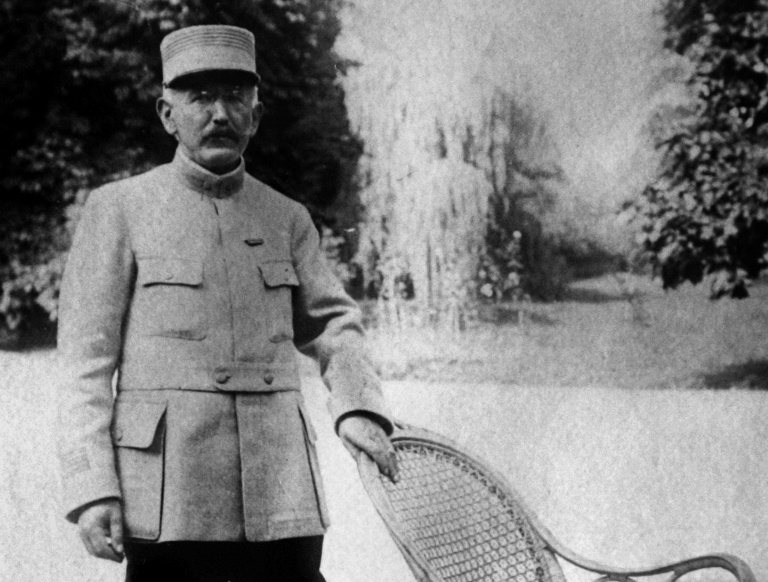A Historic Decision: France Honors Alfred Dreyfus
French President Emmanuel Macron has made a significant decision to declare July 12 as a national day of commemoration in honor of Alfred Dreyfus, a French army captain who was wrongfully convicted of treason in 1894. This act of antisemitism was a dark chapter in French history, and the new commemoration aims to highlight the importance of justice and truth in the face of hatred.
“From now on, there will be a commemoration ceremony every July 12 for Dreyfus, for the victory of justice and the truth against hatred and antisemitism,” Macron stated in a published statement from his office. The first such commemoration will take place in 2026, marking the 120th anniversary of the recognition of Dreyfus’s innocence by France’s highest appeals court.
Tolong support kita ya,
Cukup klik ini aja: https://indonesiacrowd.com/support-bonus/
Macron emphasized the need for France to remain vigilant against the “ancient spectre” of antisemitism. The timing of this honor is particularly significant given the current concerns about rising hate crimes targeting Jews in the country.
The Dreyfus Affair: A Tragic Story
Alfred Dreyfus, a 36-year-old army captain from the Alsace region of eastern France, was accused in October 1894 of passing secret information about new artillery equipment to a German military attache. The accusation was based on a comparison of handwriting on a document found in the German’s wastepaper basket in Paris.
Dreyfus was tried amid a fierce antisemitic press campaign. However, novelist Émile Zola stepped forward with his famous pamphlet “J’accuse” (“I accuse…”), which supported the captain and exposed the injustice he faced. Despite a lack of evidence, Dreyfus was convicted of treason, sentenced to life imprisonment on Devil’s Island in French Guiana, and publicly stripped of his rank.
Uncovering the Truth
Lieutenant Colonel Georges Picquart, head of the intelligence services, secretly reinvestigated the case and discovered that the handwriting on the incriminating message belonged to another officer, Ferdinand Walsin Esterhazy. When Picquart presented this evidence to the general staff of the French army, he was expelled from the military and jailed for a year, while Esterhazy was acquitted.
In June 1899, Dreyfus was brought back to France for a second trial. He was initially found guilty and sentenced to 10 years in prison, before being officially pardoned—though not cleared of the charges. It wasn’t until July 12, 1906, after many twists and turns, that the high court of appeal overturned the original verdict, exonerating Dreyfus.
Legacy and Recognition
Dreyfus was reinstated with the rank of major, served during World War I, and died in 1935 at the age of 76. Last month, parliament approved a bill promoting Dreyfus to the rank of brigadier general, further recognizing his contributions and the injustice he endured.
Current Concerns and Statistics
Between January and May this year, 504 antisemitic acts were reported in France, according to interior ministry figures. France is home to the world’s largest Jewish population outside Israel and the United States. This context underscores the importance of remembering historical injustices and remaining vigilant against modern-day antisemitism.
The commemoration of Alfred Dreyfus serves as a reminder of the power of justice and the ongoing need to combat hatred and prejudice in society. It is a tribute to the resilience of individuals and the importance of upholding truth and fairness in the face of adversity.







